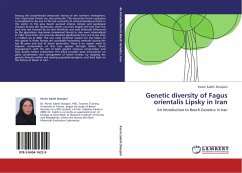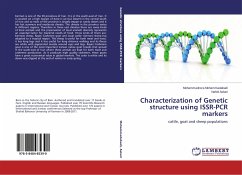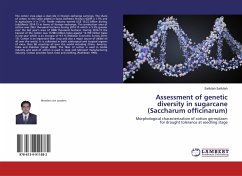Among the broad-leaved temperate forests of the northern hemisphere, Iran s Hyrcanian forests are very particular. The Hyrcanian forest ecosystem is considered to be one of the last remnants of natural deciduous forest in the world. In this area beech survived intense climate and geological changes during the Quaternary, which occurred despite the fact that this area was not covered by ice and therefore was only indirectly influenced by the glaciations. Hyrcanian commercial forests in Iran were nationalized in 1963. Since then, the area has declined significantly from 3.4 to less than 1.3 million ha in 2002. The two main technical reasons for the failure of this system in these forests are unsuitable harvesting methods during the last 40 years and lack of forest protection. There is an urgent need to improve conservation of this tree species through better forest management, with the aim of both genetic resource conservation and high quality timber production. This book provides basic information on gene conservation and management of beech forests, by studying the genetic diversity within and among populations/regions; and shed light on the history of beech in Iran.
Bitte wählen Sie Ihr Anliegen aus.
Rechnungen
Retourenschein anfordern
Bestellstatus
Storno








